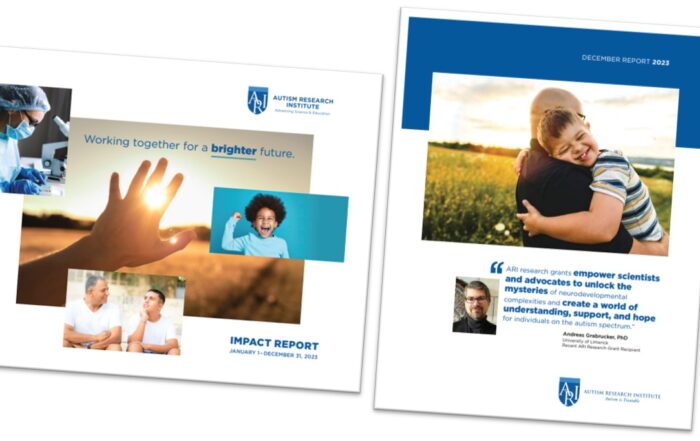A new study from the Netherlands adds to evidence that vitamin D deficiency is common in children with autism spectrum disorder (ASD).
Jet Muskens and colleagues measured the body mass index (BMI) and vitamin D3 levels of 93 children between six and 18 years of age. Of the group, 54 had ASD and 39 had internalizing disorders such as mood disorders or anxiety. Children with eating disorders and those already being supplemented with vitamin D were excluded.

The researchers report that 75.9 percent of the children with ASD and 79.5 percent with internalizing disorders exhibited vitamin D3 deficiency. Vitamin D deficiency was especially common in boys with both ASD and obesity.
They conclude, “Vitamin D3 deficiency is common in children and adolescents with psychiatric disorders and it is vital to increase clinicians’ awareness of this common and remediable risk factor.”
The researchers’ findings are consistent with previous research indicating that vitamin D levels are low in many children with ASD. For example, a 2020 study from Turkey by Esma Şengenç and colleagues found that approximately 95 percent of individuals with ASD had low vitamin D levels, with 13 percent exhibiting severe deficiency (see ARRI 2020, No. 3).
—
“Vitamin D status in children with a psychiatric diagnosis, autism spectrum disorders, or internalizing disorders,” Jet Muskens, Helen Klip, Janneke R. Zinkstok, Martine van DongenBoomsma, and Wouter G. Staal, Frontiers in Psychiatry, September 14, 2022 (free online). Address: Jet Muskens, Karakter Child and Adolescent Psychiatry University Centre, Nijmegen, Netherlands, [email protected]
This article originally appeared in Autism Research Review International, Vol. 36, No. 4, 2022
Editorial – Fecal Microbiota Transplantation and Autism
Over the past several years, Fecal Microbiota Transplantation (FMT) has become the subject of growing interest in the autism community due, at least in part, to the increased awareness of the gut-brain
ARI’s Latest Accomplishments
Connecting investigators, professionals, parents, and autistic people worldwide is essential for effective advocacy. Throughout 2023, we continued our work offering focus on education while funding and support research on genetics, neurology, co-occurring medical
Biomarkers start telling us a story: Autism pathophysiology revisited
Antonio Persico, MD, a recent ARI Research Grant recipient, explores the role of biomarkers in understanding autism pathophysiology. He discusses the complexity inherent to neurodevelopmental conditions and emphasizes the need to combine




